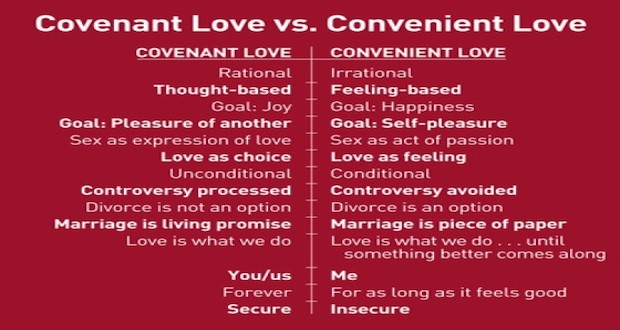Cohabitation – Good Idea?
Cohabitation or as it’s more commonly called living together comes before more than half of all marriages in the U.S. today. The number of unmarried couples living together jumped 12 times from 430,000 in 1960 to 5.4 million in 2005. The majority of young adults in their 20’s will live with a romantic partner at least once. This trend is attributed to the sexual revolution, the availability of birth control, and in the current U.S. economy, sharing the bills makes cohabiting appealing.
You also hear something else when you speak with young adults. They consider cohabitation as a way of avoiding the risk of divorce. In 2001, a nationwide survey conducted by the National Marriage Project nearly half of 20-somethings agreed with the statement,
You would only marry someone if he or she agreed to live together with you first, so that you could find out whether you really get along.”
Although these are commonly held beliefs, the idea cohabitation will improve the quality of an eventual marriage is wrong. Research shows cohabitation doesn’t lead to increased satisfaction or stability in marriage. Statistically speaking, living together is not a trial marriage, but rather a training for divorce.
Here are some statistics on living together before marriage from the book Marriage Savers written by Michael McManus.
- More than eight out of ten couples who live together will break up either before the wedding or afterwards in divorce.
- About 45 percent of those who begin cohabiting, do not marry. Another 5-10 percent continue living together and do not marry.
- Couples who do marry after living together are 50% more likely to divorce than those who did not.
- Only 12 percent of couples who have begun their relationship with cohabitation end up with a marriage lasting 10 years or more.
- A Penn State study reports even a month’s cohabitation decreases the quality of the couple’s relationship.
Here are statistics relating to the children of cohabiting parents.
- Ten times more likely to be sexually abused by a stepparent than by a parent.
- Three times as likely to be expelled from school or to get pregnant as teenagers than children from an intact home with married parents.
- Five times more apt to live in poverty, and 22 times more likely to incarcerated.
Cohabitation or living together isn’t going away any time soon. In answering the question, “Should we live together?” Here are three points to consider before making the decision. These points are just guidelines but they are consistent with the available evidence.
1. Do Not Cohabit if Children are Involved
Children need and should have parents who are committed to staying together over the long term. Cohabiting parents break up at a much higher rate than married parents and the effects of breakup can be devastating and often long lasting. Moreover, children living in cohabiting unions are at higher risk of sexual abuse and physical violence, including deadly violence, than are children living with married parents.
Children of cohabiting couples who come from previously broken marriages get mixed messages and view their parents as having a double standard. Research indicates cohabiting parents have greater difficulty establishing moral guidelines for their children, especially when they reach the dating age.
2. Limit Cohabitation to the Shortest Possible Period of Time.
The longer you live together with a partner, the more likely the low-commitment ethic of cohabitation will take hold, the opposite of what is needed for a successful marriage.
3. Consider Not Living Together at all Before Marriage
Cohabitation appears unhelpful and probably harmful as practice for marriage. There is no evidence to support cohabitation before marriage you will have a stronger marriage than those who don’t live together. Some evidence suggests if you live together before marriage, you are more likely to divorce after marriage.
Cohabitation is probably least harmful (though still not necessarily helpful) when it is prenuptial – when both partners are definitely planning to marry, have formally announced their engagement and have picked a wedding date.
Final Thoughts
I am not trying to scare you into not living together. Something to remember though is dating is when you’re supposed to be about learning and discerning about your prospective mate. If you are currently living together with someone outside of marriage or are thinking of making this move, please reconsider. The conclusions of many research studies make it clear that this type of relationship will not satisfy your deepest needs. Don’t shortchange yourself.






